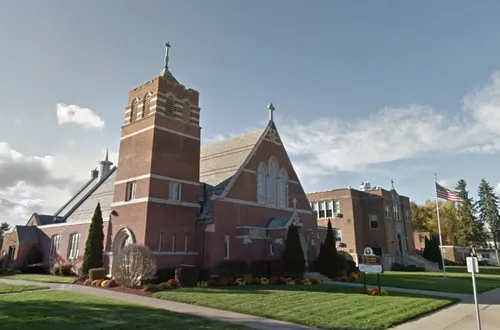Homily for Saturday of the 17th Week in Ordinary Time
- Author
- saintthomas
- Published
- Sat 02 Aug 2025
- Episode Link
- https://saintthomas.podbean.com/e/homily-for-saturday-of-the-17th-week-in-ordinary-time/
The execution of John the Baptist demonstrates the misuse of power that has been a recurring issue throughout human history. In the time of Jesus, Galilee was governed by Herod Antipas. While he was ultimately under the authority of the Roman Emperor, he had significant freedom to exercise his power as he saw fit, provided he adhered to Roman laws. In this particular case, Herod abused his authority by commanding the death of an innocent man.
Those who misuse their power eventually lose their authority. In this context, John the Baptist lacked power; he was imprisoned by Herod. Nevertheless, he held a greater moral authority grounded in his relationship with God. This empowered John to speak truthfully to those in positions of power and to challenge King Herod for breaching Jewish law. For his bravery in speaking out, John faced imprisonment and ultimately execution.
John’s martyrdom serves as a precursor to that of Jesus. While Jesus was on the Cross, He also lacked earthly power. As St. Paul notes, “He was crucified in weakness.” Yet, in that moment, He possessed tremendous authority: the authority derived from a life of integrity and righteousness, the authority of God’s faithful Son. This was notably acknowledged by the centurion overseeing the Crucifixion.
Even with little or no power, we can still have authority in a spiritual sense. Like John the Baptist, we are called to be people of the Word, allowing God to influence our values, attitudes, and all aspects of our lives.
